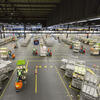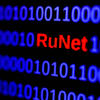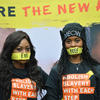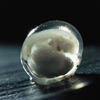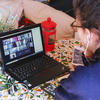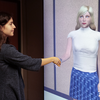You are here
“Making Decisions is not a Scientist’s Job”
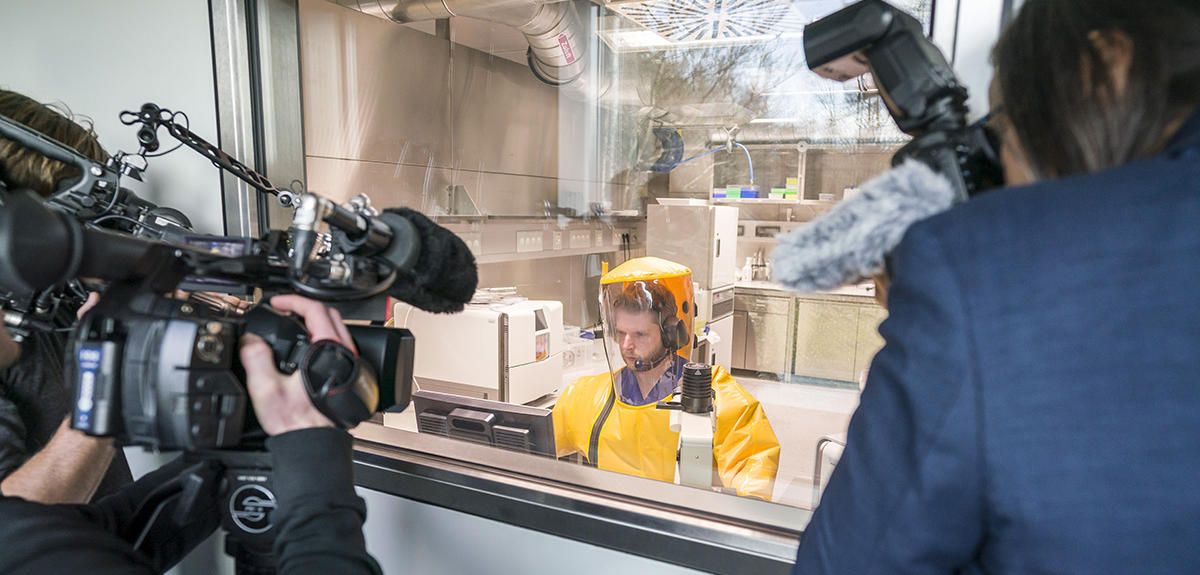
As we face the dangers stemming from the Covid-19 pandemic, everyone is looking to the scientists. This includes the general public, but also the political powers, who rely on scientific expertise to justify their actions and decisions. What image of research does this situation convey?
Dominique Wolton:1 There may never have been greater trust in science – possibly too much, actually. It is seen as all-powerful, and its representatives as the sole hope for weathering the health crisis. Conversely, some politicians seem nearly helpless, delegating all responsibility to “those in the know”, as they say, or who can propose supposedly objective solutions. For those who have devoted their entire lives to research, such recognition is heartwarming, but it poses at least three problems.
First of all, scientists are not physicians, even those in disciplines like virology and epidemiology. They study relatively abstract questions over the long term, whereas physicians are in the thick of the action. They deal with matters of life and death, with the immediacy of pain, anxiety and risk, as well as with social and cultural differences in human relations and behaviours – Chinese and Europeans are not the same…
Secondly, researchers are not always in agreement. They argue and can engage in controversies and rivalries that are not all scientific. It is only natural that politicians and the public should want to be reassured, and imagine there is a kind of unanimity that will help find a solution to the crisis. But it’s more complicated than that. Lastly, we live in a democracy, and ultimately it’s down to the political leaders to make the decisions and shoulder the responsibility within the framework of our institutions. It’s not the scientists’ job, however difficult it may be for the politicians.
Could researchers, paradoxically, be held responsible in this health crisis?
D. W.: There is a real risk of public disenchantment. Scientists – like physicians – cannot predict exactly what will happen, or be categorical as to what must be done. There will be errors, failures, evaluations that will seem inadequate in hindsight… Public trust could be undermined. It is already showing signs of weakness, at times coalescing in the kind of criticism that is regularly levelled at politicians. The opposition movements and part of the public are always clamouring for greater transparency, demanding in particular to be informed about the members and opinions of the scientific board advising the Government. This ideal of total transparency is a natural aspiration in democratic societies, but it is also a myth with counterproductive effects.
In this case, it has little chance of shedding a more objective light on the actions of researchers, health professionals, political leaders and some members of the public, who are not always irreproachable. At some point, the demand for transparency shifts into an illusion of complete control of the situation, bordering on voyeurism. Trust does not necessarily arise from ever-greater transparency. In practice, crisis communication, whether from political leaders or traditional media sources, tends to conform to a “question-and-answer” format.
This is clearly obvious on the social networks or the news channels, for example: journalists and politicians endeavour to provide factual, objective information, presumaby based on science, for a public riddled with doubt and sometimes anxiety. This is reassuring, but it has little to do with a scientific approach, which is usually not so categorical. We will no doubt need to re-examine the concept of “crisis communication” and the conditions under which it can be transposed from one crisis to another.
Could the scientific, political and media narratives be more coherent?
D .W.: We need to start by admitting that there is, necessarily, what I call “incommunication” among these different approaches. I call this the conflict of legitimacies. People never totally understand one another, and it’s a good thing. We observe the same reality, but we do not perceive it in the same way. Scientists tend to be sceptical, to question and qualify everything. Journalists are not so different, but they are expected to provide more direct answers to the public’s questions, giving out information that is as factual as possible. Finally, the politician’s role is, sooner or later, to make decisions and take action. These different perspectives can be complementary or contradictory.
The capacity for the peaceful coexistence of these incommunications is the essence of society and democracy. It’s also what allows us to progress: if we all said the same thing, if we all had the same point of view, we’d be trapped in an endless loop. Our disagreements and divergent perceptions are a driving force for our societies.
Is this pluralism also necessary within the scientific world?
D. W.: The solutions will not come solely from the disciplines related to biology and medicine. A crisis is also a human, social and cultural event: people are going to die, be afraid, support and help one another, disagree with one another… Globalisation and a united Europe will be celebrated, or on the contrary called into question. But we should keep in mind that Europe’s strength lies in its being an open political space that accommodates different visions of society, politics and humankind. In this situation, there is no European point of view, but European cooperation and negotiation are constant.
In short, we will also need social science, political science and anthropology in order to understand the unfolding of this crisis. But for that to happen, it is important for now to avoid giving the illusion of unanimity. Giving the impression that everyone is in agreement or is privy to scientific truth means running the risk of fuelling disappointments and bitter criticisms, as well as accusations of conspiracy in six months’ time, when the epidemic is behind us. Paradoxically, more information and freedom of information leads to increasing – and more cataclysmic – conspiracy theories. Sadly, there is no direct relation between the quantity of news in circulation and trust, or even truth. In a world flooded with information, communication does not become any easier.
- 1. CNRS research professor and director of the international journal Hermès (CNRS Éditions). His next book, Vive l’Incommunication. La Victoire de l’Europe, will be released this spring by Éditions François Bourin.
Explore more
Author
Fabien Trécourt graduated from the Lille School of Journalism. He currently works in France for both specialized and mainstream media, including Sciences humaines, Le Monde des religions, Ça m’intéresse, Histoire or Management.








